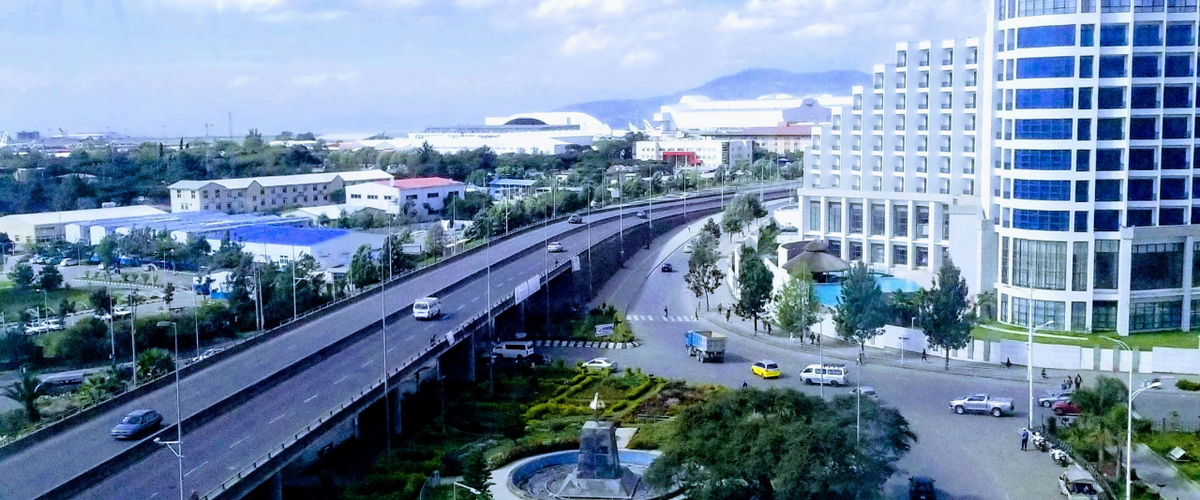Principal Investigator:
Africa’s cities are the most rapidly growing in the world; current estimates indicate that by 2050, African cities will grow by an additional 900 million inhabitants and will be home to more than two-thirds of the continent’s population. While urban expansion in Africa will offer opportunities for growth and development, such growth will also present significant challenges to the planning, managing, and financing of public infrastructure and services, particularly urban transportation systems. Improved transportation services for women have the potential to meet women’s demand for transport and increase their physical mobility, promote women’s access to destinations of interest and services that enhance their human capital and productivity (health, education, etc.), improve women’s economic, political, and social opportunities (jobs, markets, social services, cultural and political spaces, etc.), which in turn, may positively affect their autonomy and well-being.
This study examines the extent to which mobility and travel demand vary by gender, particularly for women, with the introduction of high-quality, on-demand, private transport. We conducted a field experiment in Addis Ababa, Ethiopia, to evaluate the impact of introducing this private transport option on mobility, access to services, and desired destinations as well as measures of empowerment, particularly for women. As part of the study, 1,000 married couples in Addis Ababa were recruited and were offered travel credit that could be used to reimburse the costs of private taxi rides over a two-month period. Couples were randomly assigned into one of three arms – a Woman arm, a Man arm, or a Couple arm – which determined whether the credit was presented to the woman alone, the man alone, or the couple jointly. Data on travel behavior, trips taken, and passengers’ demand for transport was collected both before and after the credit and transport service was offered. Spatial data on trip routes are also collected, which allows us to observe gendered differences in preferred destination, travel time, and distance. By randomizing the credit recipient, we aimed to learn how utilization of the credit and travel behavior may change when a recipient’s spouse is also aware of the opportunity to cover travel costs with the credit received. This may be particularly important in contexts where a woman’s spouse may restrict her travel outside the home because they control the household’s finances and travel more.

